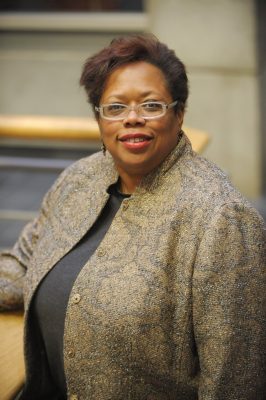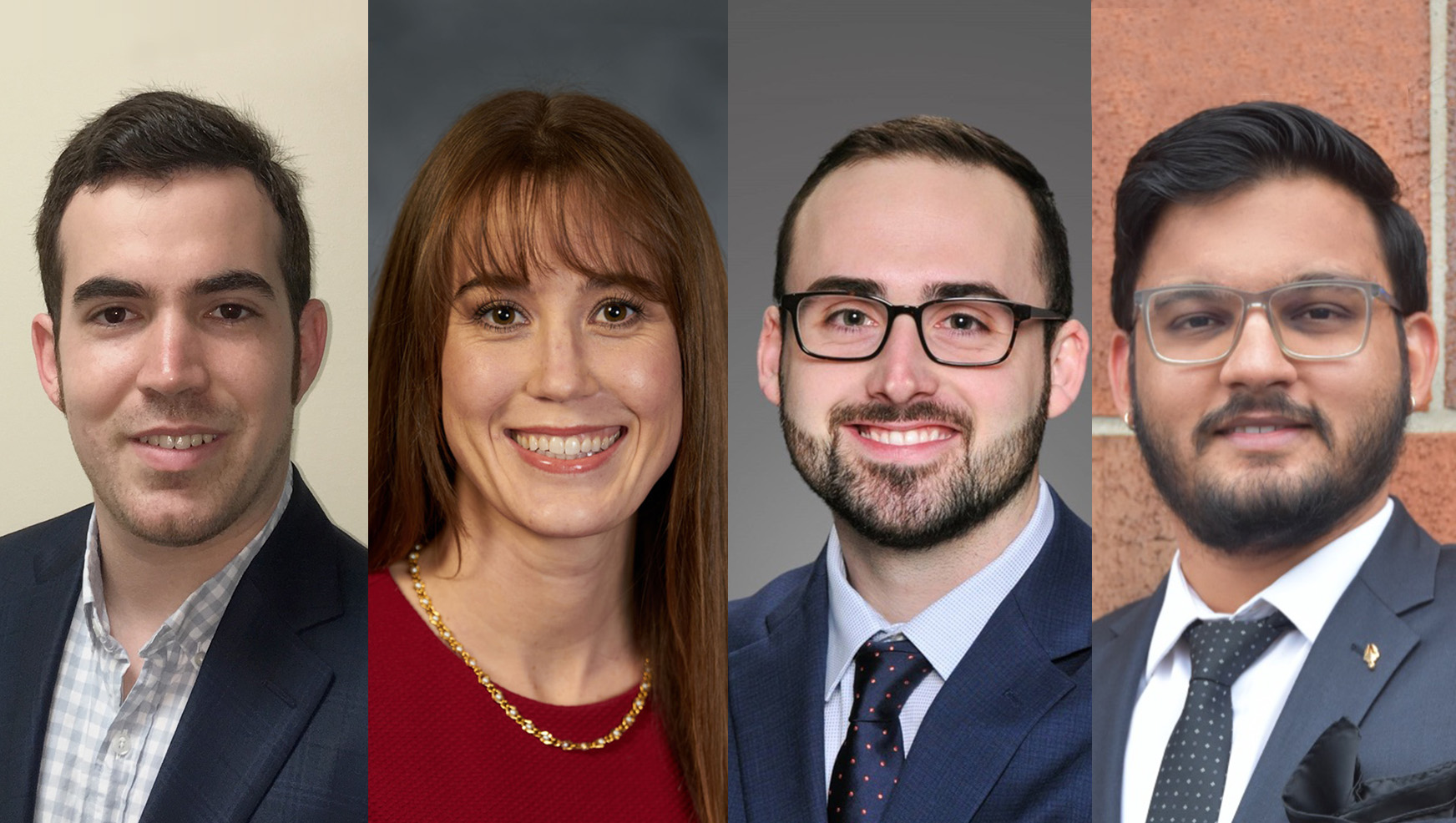Following a heated political debate and a round of revisions, the College Board has released a new framework for its Advanced Placement African American Studies course. The course will be available to districts starting with the 2024-25 school year....
Following a heated political debate and a round of revisions, the College Board has released a new framework for its Advanced Placement African American Studies course. The course will be available to districts starting with the 2024-25 school year.
After all the controversy, how has the framework changed and what could it mean for students? Syracuse University professor and educational policy expert Kal Alston took time to answer some questions.

Kal Alston
Q: How does the new framework compare to the last revision, and do you think it strikes an appropriate balance?
A: “The College Board helpfully included a chart of all the topics and materials suggested in both the February and December frameworks and noted the differences. Some topics were merged, in order to give space for (approximately) four new topics and one topic that was split into two separate sections. There were some new sources, a few removed or moved to the optional category. Having recently been to both the culture/arts and the history sides of the National Museum of African American History and Culture, I thought some of the changes reflected content of interest in the Museum (e.g., African Americans and Sports or sources from the Black Studies, Black Futures, and Afrofuturism).
I thought the original response to consult closely with the anti-intellectual forces that were clearly politicized and, frankly, anti-Black was the problem; the December framework seems to put the content back in the hands of experts in the field and leave some open space for teachers to supplement materials AND topics in a way that I see as respectful to the teachers, students, and the subject area.”
There would be no African American Studies without ongoing presses for understanding education/schooling as potential sites of liberation.
Q: How can a course like this benefit students, and do you think its politicization will impact adoption among school districts?
A: “The purpose of the AP tests is to offer college level work in high school settings. These exam areas are optional and require teachers who are capable of preparing their students for the exam in the area selected. If there is a qualified instructor and student interest, I imagine that a school could and would add this course to the roster — particularly in states/school districts with either a requirement for instruction in African American history or significant students (of any race) who are interest in pursuing these studies at a more advanced level.
There was significant pushback from teachers and others that the College Board seemed to yield to ‘politics’, and I think school districts can make the case for offering the course based on the expertise of the constructors/contributors/reviewers. The curriculum is not ‘advocacy,’ it is a framework for studying content that is widely available at the college level and that is covered only in a limited way in any American history course.”
Q: How does the debate over this curriculum play into larger issues in education?
A: “Happily, we see “Intersectionality” returned to a topic heading, and the conceptual analysis carrying over into the next topic, “Interlocking systems of oppression.” There would be no African American Studies without ongoing presses for understanding education/schooling as potential sites of liberation. So, this particular attempt to dismantle this curriculum is both specific to this particular political moment and part of an ongoing struggle to expand educational opportunities and knowledge.
As the African American Policy Forum called for after the February edition of the AAS-AP:”
“More broadly, we call on responsible leaders at the College Board, in public education, and beyond to lend their considerable resources to support educators and students whose freedom to teach and to learn is compromised by state-sponsored repression and threats to their very well-being. In this pivotal moment in which illiberal censorship is cresting around the world, where the freedoms to think, to create, to teach, and to learn are at stake, it is a betrayal of democratic values for any responsible leaders to actively participate, to stand by or to capitulate to such destruction. Because we know that attacks on knowledge are fueling threats to freedom, and that repression in one place fuels its spread elsewhere, we call for global resistance to all efforts to destroy the vital tools that help us to imagine and create more equitable and inclusive futures for us all.”
To request interviews or get more information:
Chris Munoz
Media Relations Specialist
cjmunoz@syr.edu












